
Health is a crown on the heads of the healthy that only the sick can see.
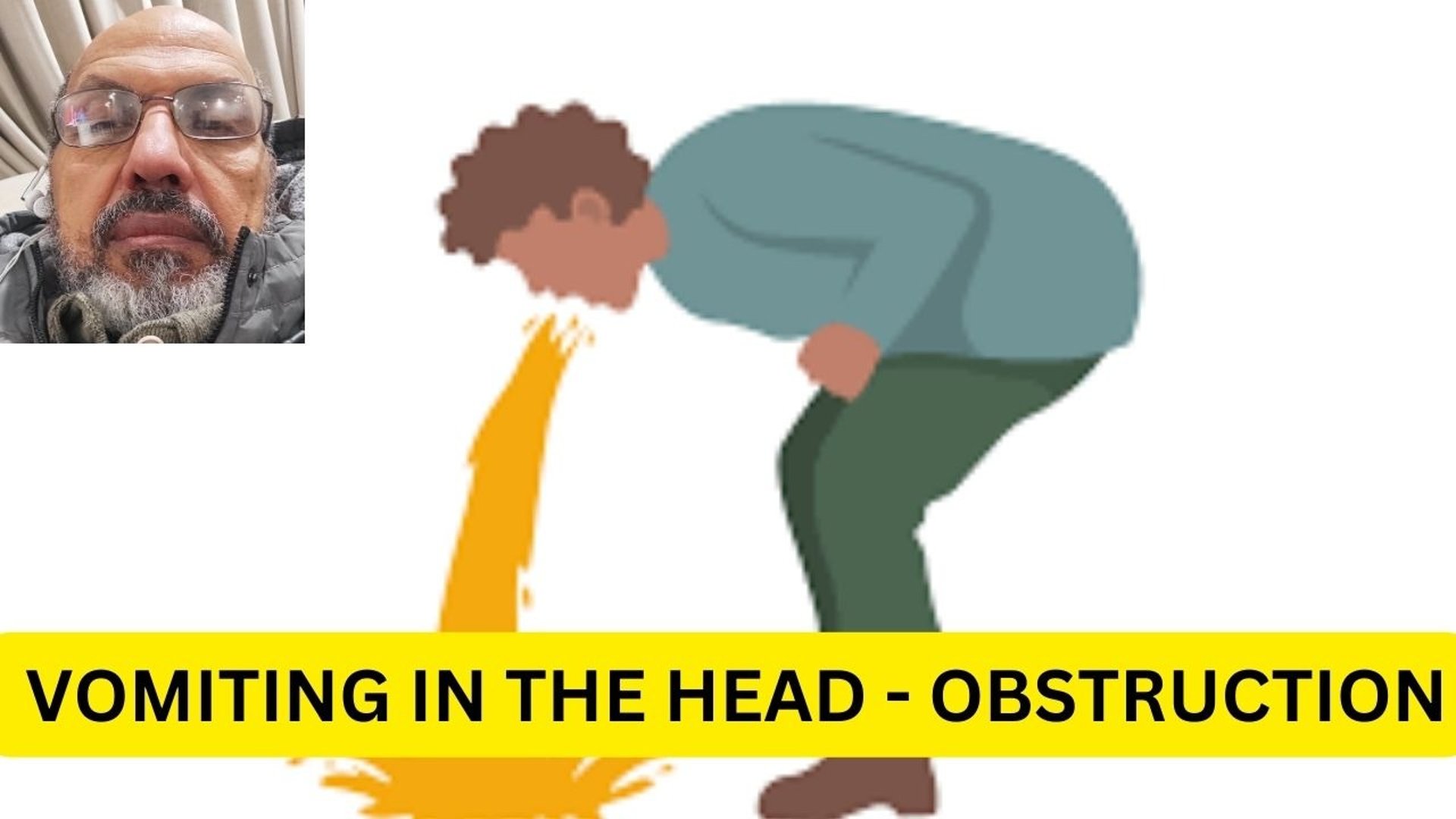
🧠💡 Vomiting Due to Intracranial Pressure: A Medical Emergency
🧠🤮 Learn how obstructions in the brain — like tumors, bleeding, or hydrocephalus — can cause sudden vomiting without nausea. Know the symptoms, causes, and urgent treatments."
GENERAL
Dr Hassan Al Warraqi
7/21/2024
🧠💡 Vomiting Due to Intracranial Pressure: A Medical Emergency
🧠🤮 Learn how obstructions in the brain — like tumors, bleeding, or hydrocephalus — can cause sudden vomiting without nausea. Know the symptoms, causes, and urgent treatments."
may be a symptom of a brain obstruction
blockage that prevents the normal flow of cerebrospinal fluid (CSF) in the brain
surrounds and protects the brain and spinal cord
cause brain obstruction and lead to vomiting
Hydrocephalus
increased CSF in the ventricles (fluid-filled cavities) of the brain by obstruction which can lead to vomiting
Meningitis
swelling and irritation, obstruction which can block the flow of CSF meningitis (inflammation of the meninges, the membranes that surround the brain and spinal cord)
blood clot or bleeding in the brain A stroke may damage the tissue that produces obstruction CSF or block the flow of CSF
Brain tumor
A brain tumor can block the flow of CSF obstruction to the flow occur
Binocular Vision Dysfunction
feeling like you might become sick and vomit, it could be a condition affecting your eyes
Glaucoma
damages your eye's optic nerve, and it gets worse over time obstruction leads to an increase of pressure inside your eye.run in families later in life
optic nerve that sends images to the brain. glaucoma may cause permanent vision loss or even total blindness
Acute angle-closure glaucoma
Severe headache
Severe eye pain
Nausea or vomiting
Blurred vision
Halos or colored rings around lights
Eye redness
Worry signs of a brain obstruction
Severe headache
Nausea and vomiting
Dizziness
Confusion
Drowsiness
Seizures
Vision problems
Weakness or numbness in arms or legs
Loss of balance or coordination
Migraine headaches
can cause a variety of symptoms, including nausea, vomiting, and vision problems such as aura seeing flashing lights or wavy lines
Medication side effects
Some medications can cause vomiting and eye problems as side effects
Severe headache
Fever
Stiff neck
Confusion
Seizures
Vision loss
mayoclinic
https://www.mayoclinic.org/diseases-conditions/glaucoma/symptoms-causes/syc-20372839
nih
https://www.nei.nih.gov/learn-about-eye-health/eye-conditions-and-diseases/glaucoma
aao
https://www.aao.org/eye-health/diseases/what-is-glaucoma
Frequently Asked Questions (FAQs) About Vomiting
What is vomiting, and what is the difference between acute and chronic vomiting?
Vomiting is a symptom, not a disease or medical condition itself. It is the body’s reflex to expel harmful substances.
Acute vomiting: Short-term vomiting (lasting hours to days).
Chronic vomiting: Persistent or recurrent vomiting over a prolonged period (weeks to months).
What are the common causes of acute vomiting?
The most common causes include:
Viral gastroenteritis ("stomach flu").
Food poisoning.
Motion sickness, alcohol overuse, medication side effects.
Gastrointestinal obstruction (e.g., appendicitis, pancreatitis).
Infections (e.g., meningitis).
When should I see a doctor for vomiting?
Seek medical care if:
Vomiting persists for more than 2 days.
You experience dehydration (dry mouth, reduced urination, dizziness).
You cannot keep fluids down.
Seek emergency care if vomiting is accompanied by:
High fever, severe headache, stiff neck, light sensitivity, rash, or altered consciousness.
What are potential causes of chronic (long-term) vomiting?
Medication side effects (e.g., chemotherapy, NSAIDs, antibiotics).
Pregnancy (morning sickness).
Migraines, food allergies, or upper GI disorders (GERD, gastroparesis).
Kidney stones, cyclic vomiting syndrome, functional vomiting.
Vitamin toxicity (e.g., excessive vitamin A or D).
How is vomiting linked to increased intracranial pressure?
Conditions like brain tumors, hemorrhage, head trauma, hydrocephalus, or meningitis can raise pressure inside the skull. This triggers vomiting, often with:
Severe headache.
Confusion, vision changes, or seizures.
What other warning signs suggest a brain-related issue causing vomiting?
Sudden dizziness, slurred speech, or balance issues.
Weakness/numbness in limbs.
Seizures, blurred vision, or loss of consciousness.
Immediate medical attention is required!
Can brain obstruction cause vomiting?
Yes. Blockages in cerebrospinal fluid flow (e.g., hydrocephalus) or brainstem compression (e.g., stroke, tumors) can increase intracranial pressure, leading to vomiting.
Is vomiting linked to eye problems?
Yes. Acute angle-closure glaucoma (sudden eye pressure rise) causes:
Severe eye pain, headache, nausea, vomiting.
Blurred vision or halos around lights.
This is a medical emergency!
Key Takeaways
Acute vomiting is often self-limiting (e.g., infections).
Chronic vomiting requires investigation for underlying conditions.
Red flags (e.g., neurologic symptoms, severe pain) demand urgent care.
Always consult a doctor for persistent or severe vomiting!
Vomiting as a Sign of Obstruction
Vomiting is a hallmark symptom of mechanical obstruction in the gastrointestinal (GI) tract. The type, timing, and characteristics of vomiting can help localize the obstruction’s cause and severity:
Key Causes of Obstruction Leading to Vomiting
Upper GI Obstruction
Pyloric Stenosis: Projectile vomiting (non-bilious) in infants.
Gastric Outlet Obstruction: Vomiting undigested food hours after eating (e.g., peptic ulcer disease, pancreatic cancer).
Small Bowel Obstruction (SBO)
Bilious vomiting (green/yellow): Suggests obstruction distal to the duodenum.
Feculent vomiting: Late sign of prolonged SBO due to bacterial overgrowth.
Common causes: Adhesions (most common), hernias, Crohn’s strictures.
Large Bowel Obstruction (LBO)
Vomiting is a late symptom (after abdominal distension and constipation).
Causes: Colorectal cancer, volvulus, severe diverticulitis.
Other Causes
Gallstone Ileus: Vomiting + jaundice + abdominal pain.
Intussusception: “Currant jelly” stools + vomiting in children.
Red Flags
Vomiting + Absolute Constipation (no stool/flatus): Classic for complete bowel obstruction.
Abdominal Distension, High-Pitched Bowel Sounds: Suggest SBO.
Severe Pain, Peritonitis: May indicate ischemia or perforation.
Diagnostic Workup
Imaging:
Abdominal X-ray: “Step-ladder” air-fluid levels in SBO.
CT Abdomen/Pelvis: Gold standard for identifying location and cause.
Labs: Elevated lactate (suggests ischemia), leukocytosis.
Management
NPO (nothing by mouth), NG Tube Decompression, IV fluids.
Surgery: Required for complete obstructions, strangulation, or perforation.
Non-operative: Partial obstructions may resolve with bowel rest.
Takeaway:
Vomiting in the context of obstruction is never normal and requires urgent evaluation. Early intervention prevents complications like bowel ischemia or sepsis. If vomiting is persistent, bilious, or accompanied by severe pain/distension, seek emergency care.
VOMITING IN ,THE HEAD , BSTRUCTION,Hydrocephalus,medications,Migraine headaches,brain obstruction,Severe headache.Nausea]andvomiting,Dizziness,Confusion,Drowsiness,Seizures,Vision problems,Weakness or numbness in arms or, legs, Loss of balance or coordination,GLAUCOMA,brain tumors,stroke,meningitis,vision loss,vision dysfunction,
🧠💡 Vomiting Due to Intracranial Pressure: A Medical Emergency
Vomiting caused by intracranial pressure (ICP) is a critical medical emergency that requires immediate attention. Elevated ICP can result from various conditions, including head trauma, brain hemorrhages, tumors, and infections. Understanding the signs, causes, and necessary interventions can be life-saving.
What is Intracranial Pressure (ICP)?
ICP refers to the pressure inside the skull, which is influenced by the volume of brain tissue, blood, and cerebrospinal fluid. The normal range of ICP is typically between 7–15 mmHg. A rise in this pressure can lead to significant brain injury if left untreated.
Causes of Increased ICP:
Head Trauma: Accidents leading to bleeding or swelling in the brain.
Brain Tumors: Tumor growth increasing the pressure inside the skull.
Hydrocephalus: An accumulation of cerebrospinal fluid in the brain.
Stroke or Hemorrhage: Internal bleeding inside the brain.
Infections: Meningitis or encephalitis causing brain swelling.
Symptoms of Increased ICP:
Severe headache
Nausea and vomiting (especially in the morning or postural)
Altered mental status (confusion, drowsiness, or difficulty speaking)
Vision changes (blurry vision, double vision, or papilledema)
Seizures
Why Vomiting Occurs in ICP?
Vomiting associated with ICP is often a late-stage symptom of brain pressure increase. The pressure may stimulate the vomiting center in the brainstem, leading to nausea and vomiting. This occurs particularly in conditions like brain hemorrhages or tumor growth, which compress the brainstem or raise the fluid pressure inside the skull.
When Vomiting Becomes a Medical Emergency:
Vomiting due to ICP is considered a medical emergency when:
It occurs suddenly, especially in someone with a history of head injury or neurological conditions.
It is persistent and severe, causing dehydration or electrolyte imbalances.
The person experiences severe headaches, altered mental state, or changes in vision.
Immediate Interventions for ICP-Related Vomiting:
Positioning: Keep the head elevated to 30 degrees (unless contraindicated by injury).
Oxygenation: Administer oxygen to ensure the brain is getting sufficient oxygen.
Medications:
Osmotic diuretics (e.g., Mannitol) to reduce swelling.
Corticosteroids to reduce inflammation.
Antiemetics to control vomiting.
Surgical Intervention: In cases of hemorrhage or tumors, surgery may be necessary to relieve pressure.
Treatment and Monitoring:
Treatment for ICP typically involves a multi-disciplinary approach:
Neurologists and neurosurgeons: To address the underlying cause and relieve pressure.
Intensive care: Continuous monitoring of ICP and vital signs.
Imaging: CT scans or MRIs to identify the cause of increased pressure.
Preventive Measures & Risk Factors:
While you cannot prevent all causes of increased ICP, certain actions can reduce the risk:
Wear protective helmets during activities that could cause head injury.
Seek immediate medical attention for head injuries.
Monitor neurological health regularly for people with known brain conditions.
Final Thought:
Vomiting due to intracranial pressure is a red flag for potential brain injury. Early identification and swift intervention are crucial to prevent permanent damage or even death. If you suspect increased ICP, seek emergency medical care immediately.
Call to Action:
If you or someone you know experiences severe headaches, vomiting, or altered consciousness after a head injury, call for emergency medical assistance immediately. Timely intervention can save lives!
✍️ Author Bio
Dr. Hassan Al Warraqi
Founder of H-K-E-M.com | Medical Writer & Educator | Specialist in Fasting-Based Healing & Integrative Medicine
Dr. Hassan Al Warraqi is a dedicated medical writer and health educator specializing in fasting protocols, natural healing, and integrative approaches to chronic illness. Through his platform H-K-E-M.com, he raises awareness about silent but serious conditions, including vomiting caused by elevated intracranial pressure—a potential sign of life-threatening neurological distress. His mission is to blend traditional insight with modern medical guidance for early recognition and prevention.
📍 Learn more at: https://h-k-e-m.com
📱 Social Media Caption (Instagram / Facebook / LinkedIn):
🧠💡 Sudden vomiting could be a brain warning!
If you're experiencing unexplained vomiting, especially with headaches or blurred vision, it might indicate increased intracranial pressure — a medical emergency.
⚠️ Don’t ignore the signs.
📖 Full medical insight at: [h-k-e-m.com]
#BrainHealth #IntracranialPressure #NeurologicalEmergency #EarlySignsMatter #HKEM #HassanAlWarraqi #MedicalAwareness #FunctionalMedicine
Conclusion
Vomiting due to increased intracranial pressure is a critical medical emergency demanding immediate attention. This report has underscored the complex physiological mechanisms by which elevated ICP stimulates emetic centers, highlighting vomiting not merely as a symptom but as a direct indicator of significant intracranial compromise. The diverse etiologies, ranging from traumatic brain injury and hemorrhage to hydrocephalus, tumors, and infections, necessitate a comprehensive diagnostic approach combining clinical assessment, advanced imaging, and direct ICP monitoring.
Effective emergency management of ICP relies on a multi-faceted strategy, encompassing initial stabilization, targeted pharmacological therapies, and, when indicated, life-saving surgical interventions. Adherence to evidence-based guidelines from organizations such as the Brain Trauma Foundation and the Neurocritical Care Society is crucial for standardizing care and has been demonstrably linked to improved patient outcomes. The emphasis on continuous monitoring of ICP and cerebral perfusion pressure further refines goal-directed therapy.
The prognosis for patients with increased ICP is heavily influenced by the speed of diagnosis and intervention. Untreated or delayed management can lead to irreversible neurological damage, long-term disability, and death. Therefore, public health initiatives aimed at raising awareness of ICP symptoms, particularly the critical warning sign of vomiting, and promoting immediate emergency response are indispensable. By empowering both healthcare professionals and the public with this vital knowledge, the collective ability to recognize, diagnose, and treat this medical emergency can be significantly enhanced, ultimately saving lives and preserving neurological function.


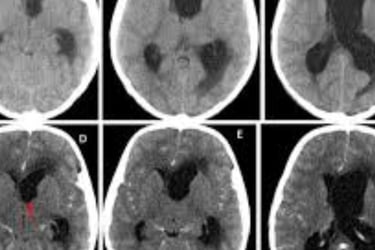

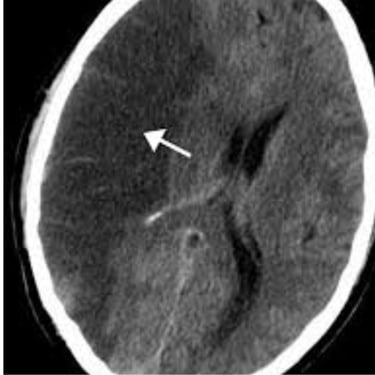

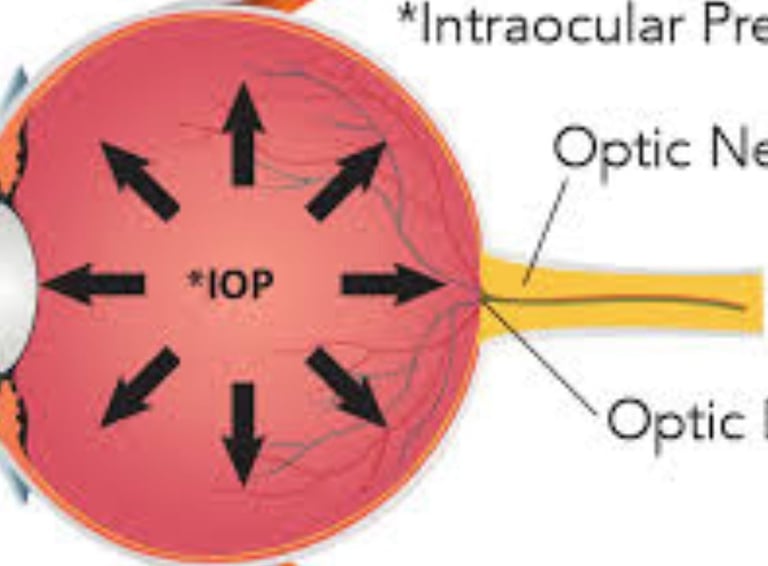

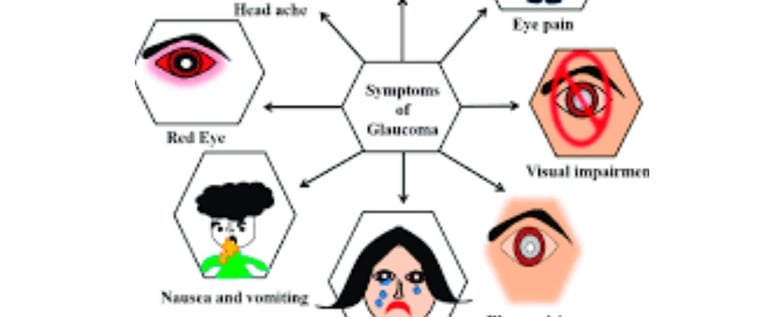








Get in touch
Address
Cairo Al Rehab
Contacts
+20 109 405 2056
hassanalwarraqi@h-k-e-m.com
